#81 Anything you say before the word “but” does not count
Trust, quality and a lot of other timely lessons for the tough times
In a recent post in his 3-2-1 newsletter, James Clear shared a gem from the book Atomic Habits:
"When you fall in love with the process rather than the product, you don’t have to wait to give yourself permission to be happy. You can be satisfied anytime your system is running."
It helped answer one of the questions that has been bothering me a bit lately.
If these posts are not seen or read by many, am I doing anything worthwhile? The subscriber numbers, readers, comments - all the vanity metrics have been pushing me to consider evaluating the real impact of this effort.
I had a good chat on the topic with someone I admire for his clarity of thoughts on such topics. His suggestions were quite helpful to subside the tension. And then this post from James Clear. What a timely intervention!
This newsletter has been a product & a process for me. And, I know now the way it enriches me.
We’ve a lot to discover today, let’s get going.
1. Trust equation
In her First Round Review post, Anne Raimondi proposes & expands the following equation for trust.
Very simple thought, almost intuitive. But it’s surprising how easily we (knowingly or unknowingly) ignore these elements and end up in situations of mistrust. Be it small teams or bigger organizations, the fundamental building blocks seem to be consistent and so are the recipe for making or breaking trust.
I must say, it’s a timely discovery for me. The diagnosis of mistrust looks uncanny, and solutions fairly actionable. Let’s give this a shot!
2. Right type of PRD
How detailed should a product requirement document (PRD) be? For a small team, a super detailed document can become the bottleneck in the product building itself. A short (or no) PRD, on the other hand, results in unnecessary iterations, difficult scaling & maintenance of the product.
We’ve struggled to find the balance and have been exploring a better approach in “doing PRD”.
This post in Reforge from Natalie Rothfels & Doa Jafri shares fairly actionable inputs on the topic. The snapshot below is a quick summary of their recommendations. I’ve recently traversed the first two stages and used a similar approach. The clarity & alignments have been good so far.
(via Refind)
3. How do you give good advice?
Spencer Greenberg shared a really useful hierarchy of skill levels in the art of giving advice. Quite relatable and also gives a gentle nudge towards becoming better in this area.
I am sharing the snapshot of his entire post for your reference. Worth saving & revisiting after every task of ‘advising’.
(via One Helpful Idea by Spencer Greenberg)
4. Subjective searches
Talia Goldberg shares some interesting ideas on what could be the next trillion dollar opportunity in search business (or more broadly information retrieval).
She picks up a specific use-case that bothers her a lot - subjective searches. Here’s how she defines it:
Meaning the queries are not for facts or specific results. “Subjective searches” don’t have cut and dry answers. They are Ideas. Opinions. Recommendations. Advice. Conversations. “Subjective search” encompasses everything from restaurant or recipe recs, to commentary on politics or new technology, to fitness tips and product reviews.
I faced that issue too, and so do you. She has suggested some new approaches that can define a better solution for the future. These two are very exciting.
(via Brainpint by Janel)
5. Why is quality hard?
Stammy wrote a beautiful primer on Quality from the lens of a designer & product builder. He has compared quality to craft and I couldn't agree more. For those, who believe in setting a high quality bar, the passion & energy it takes to deliver it is nothing less than craftsmanship.
Here’s a quick snapshot of how Stammy defines quality. If you have a similar definition, and are passionate about building a culture of quality - then I highly recommend reading this post.
(via Sidebar)
6. Long read: Blue Diamond
The true curse of the blue diamond tells a gripping story from Thai history. Bookmark it for the weekend. Heist, corrupt police officers, (many) murders and a lot more drama - almost a Netflix series.
(via Curious Corner by Joost Plattel)
7. Everything else
Some random goodness from the internet:
Kailash Nadh just answered “But, aren't you folks web2?”. Must read for those who still feel a Web3 fomo (via Twitter)
Check Urbex.nl for exploring forgotten places of the man-made environment. (via Dense Discovery)
A quick primer on Karl Popper's Clouds and clocks' theory (via Luca Sartoni)
The Lion King’s band & the cast at NPR’s Tiny Desk. What a performance! Their energy and joy is a thing of envy. (via Morning Brew)
Sometimes it’s wrong to begin a phrase with the word “just”. Just Don’t. (via Y Combinator)
Hannah Levesque makes tiny worlds using paper & a lot of patience.
Build better mousetraps? Balancing familiarity and novelty for innovation (via Ethan Mollick)
Today’s post title is from Kevin Kelly’s “103 bits of advice I wish I had known”. By the way, Ned Stark had a similar quote in the series Game of Thrones. Do you remember which episode?
Before we sign off, here's a snapshot from Dense Discovery’s recent post. Darshan’s worthy five is one of the best I have found in this series.
That's all for this week, folks!
I hope I've earned the privilege of your time.
If you enjoyed this post, show your love by commenting and liking it. I write this newsletter to share what I learnt from others. If you learnt something from this today, why not share it with a couple of your friends to continue this chain?





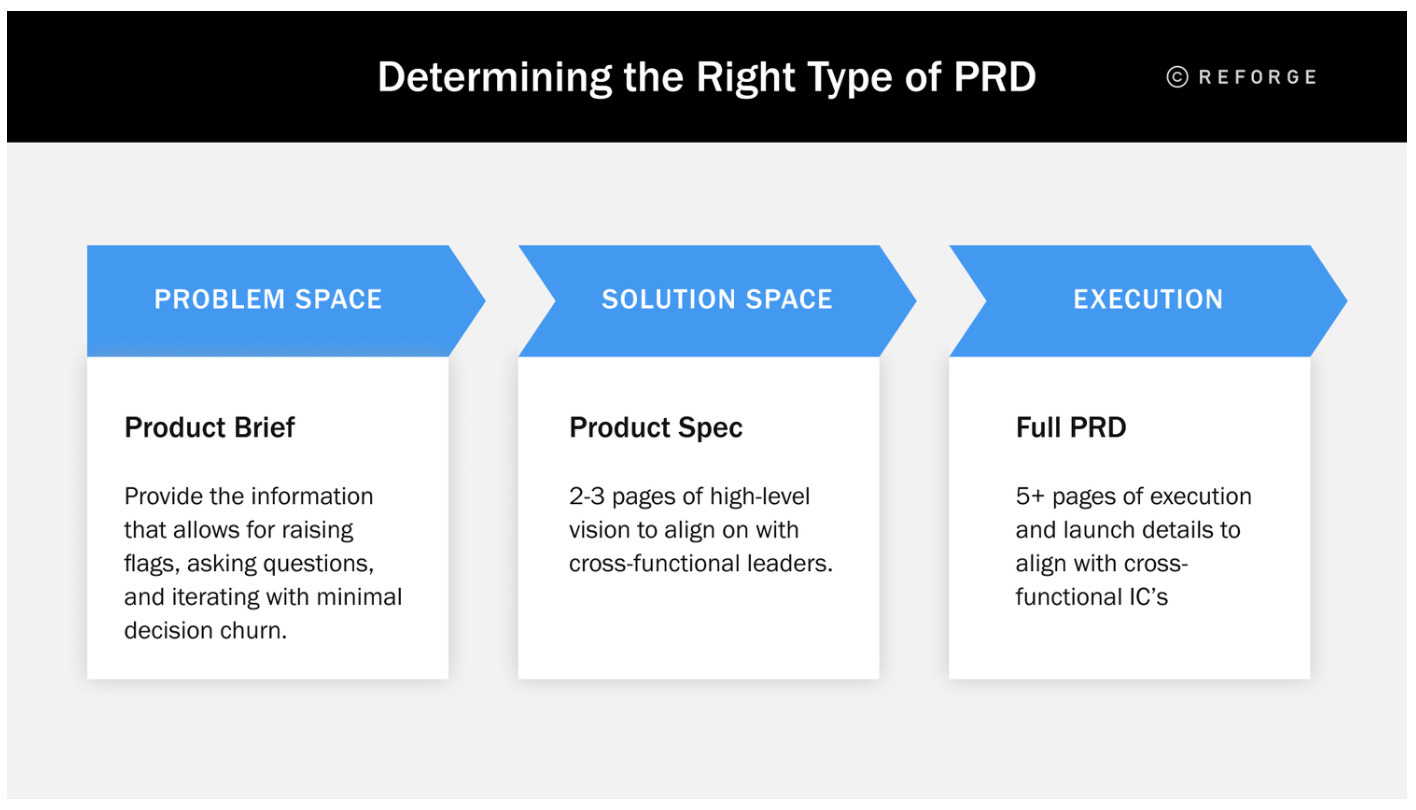
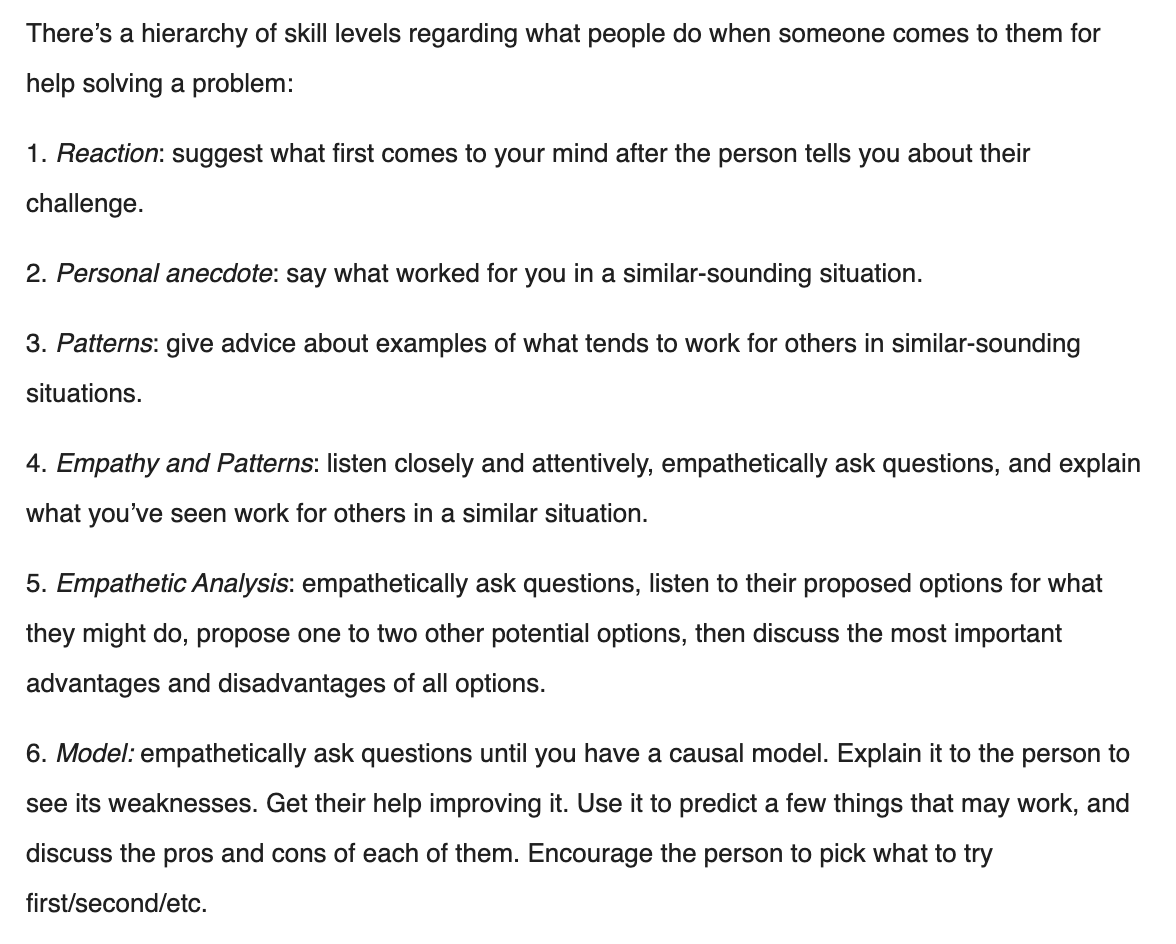
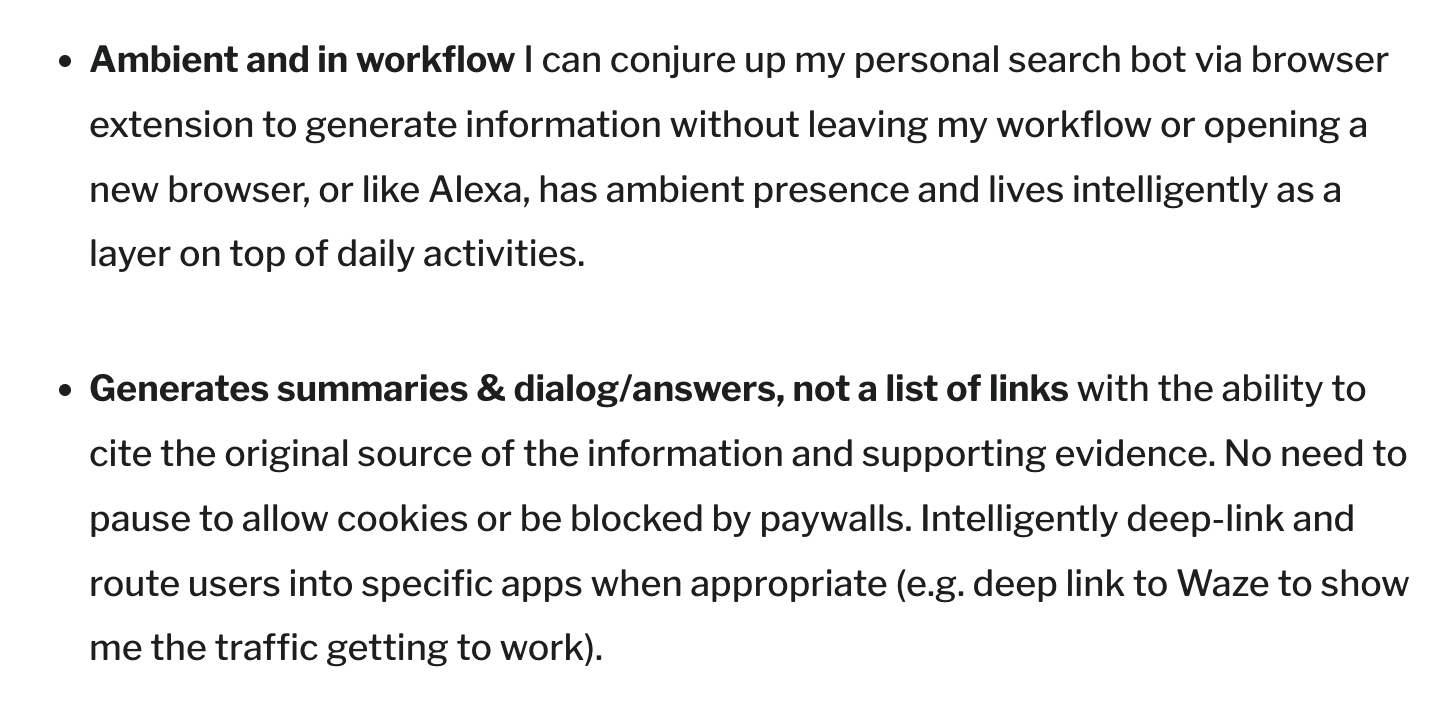
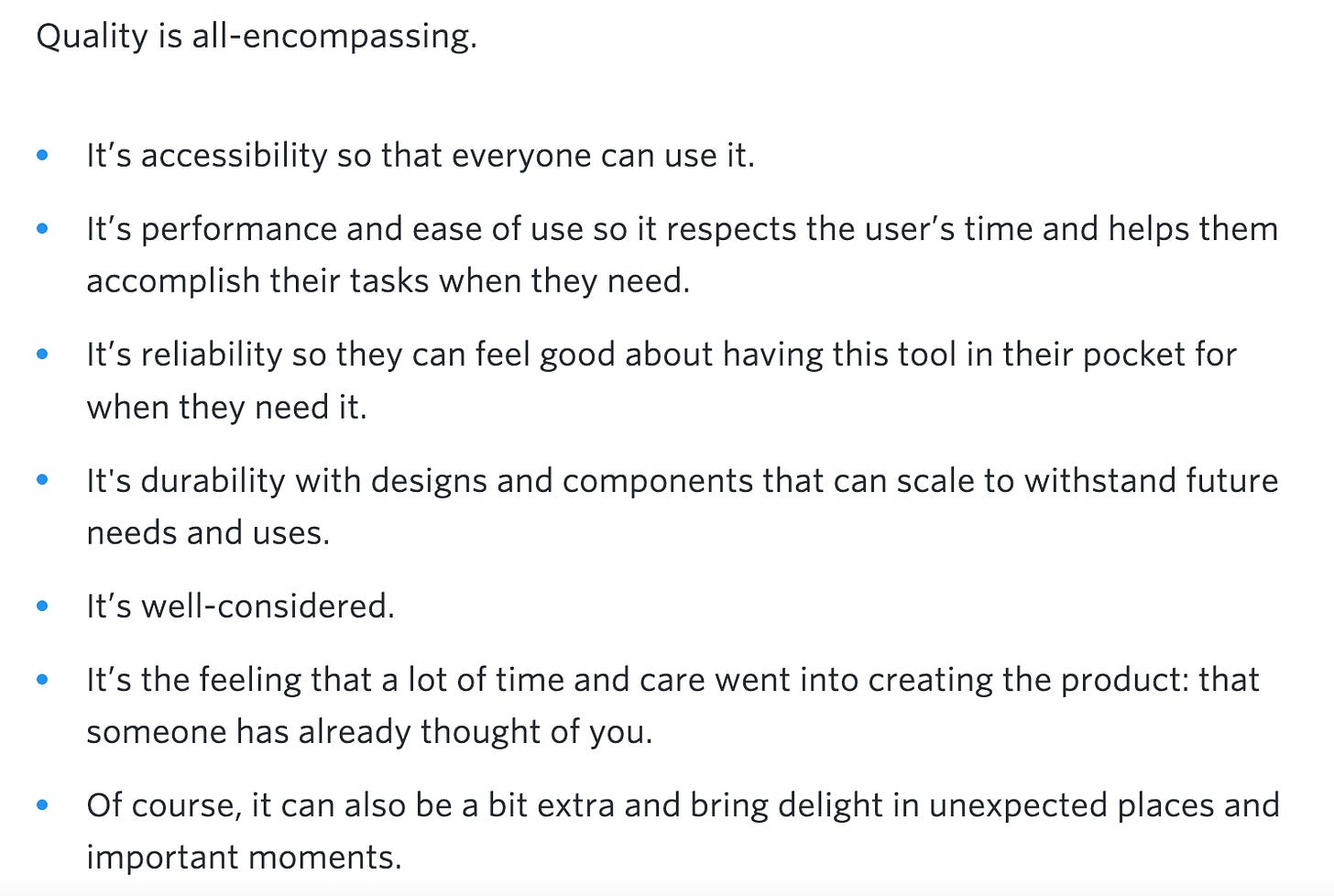
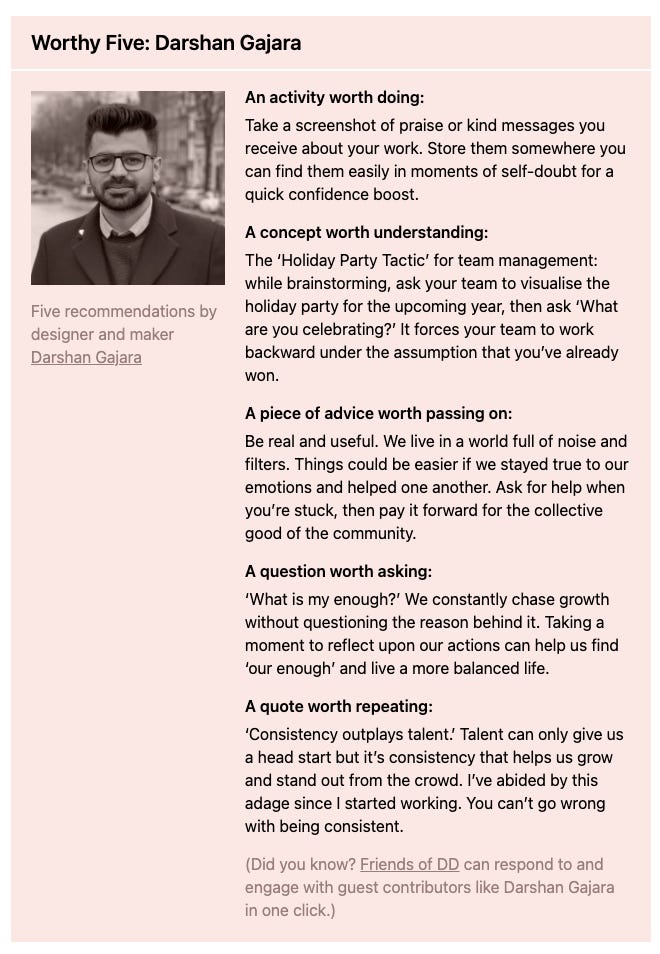
The how to give advice hierarchy is illuminating in the sense that it immediately brings to mind situations or people for each level.
This is something I've heard from a number of sources, most notably Adam Grant and Yuval Noah Harrari that it's important to first check if someone really wants your input or is looking for someone who'll just listen. One sign that someone is fishing for support (not so much looking for your opinion) is when they lead you with their view. The best description of this I've read is from Annie Duke, who calls this way of asking for advice 'infecting someone with your view.' Lastly, I think what is necessary on the part of the advice seeker is make explicit 3 things (your goals, your constraints, and your objectives/priorities). For example, your wife may ask you ' Should I keep these shoes or return them?' You'll say something based on how it looks, assuming how it looks is that matters. But your wife may be looking for comfort or for versatility or something else. When we give advice, we are tempted to believe that omission of information means something's not important. But that's not always the case. People simply forget, r they don't know better about how to ask for advice.
Pritesh ...Your Monday morning treat is something that i look forward to...And believe me your contents is very unique in the sense that it touches really myriad topics.
Keep up the Josh and the vigour.
Like they say in the Armed Forces 'You can't keep a good guy down for long".
Kudos to the effort.